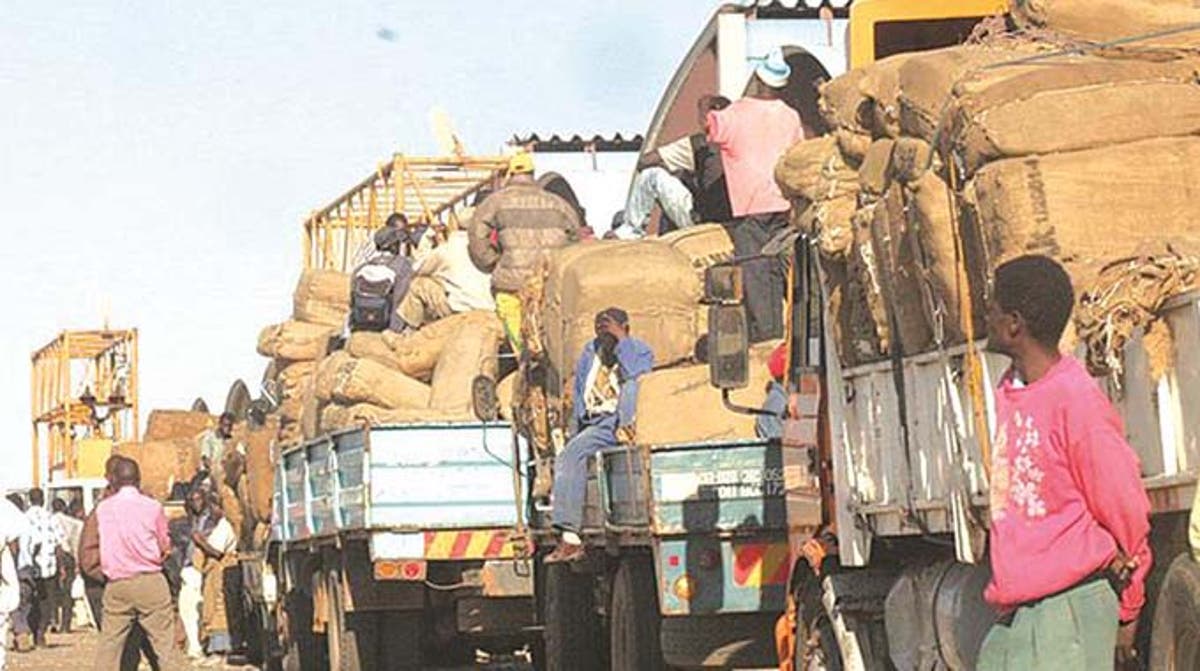Tobacco farmers urged to destroy stalks
The Tobacco Industry and Marketing Board (TIMB) has urged tobacco growers who have not destroyed stalks to immediately do so to avoid carrying over diseases and pests to the next crop.
Failure to comply with set regulations attracts penalties that include suspension of contracts and monetary fines or imprisonment.
Through the Tobacco Value Chain Transformation Plan, Zimbabwe aims to grow the industry into a US$5 billion economy by 2025.
In a statement, TIMB said the Plant Pests and Diseases Act [Chapter 19:08] requires that tobacco stalks be destroyed by the 15th of May every year.
“Against this backdrop, tobacco growers are being reminded that all tobacco stalks should have been destroyed by now. Those who have not destroyed stalks are reminded to destroy their stalks immediately to avoid carrying over diseases and pests to the next crop,” it noted.
“As we destroy tobacco stalks, we are also reminded to observe the set tobacco legislative date of 1 September, the earliest date to transplant tobacco. Planting tobacco before this set date will attract penalties and sanctions.”
TIMB said tobacco farmers who fail to comply risk attracting penalties.
“For contravention of the regulation requiring the destruction of tobacco stalks by the specified date or prohibiting the planting of tobacco plants between specified dates, the following will apply:-
“If 10 percent of the contracted farmers are non-compliant, the responsible contractor will be penalised or suspended from operations until they comply fully. Therefore, no contractor will contract a farmer who has not destroyed their tobacco stalks. Any grower who has not destroyed tobacco stalks and has been contracted shall be de-contracted from that contract scheme. Please note that TIMB and Ministry of Lands officers are inspecting all fields and compiling lists of all non-compliant farmers.”
Added to that, for the first offence, the farmer will pay a fine not exceeding US$100 or local currency equivalent for each hectare or part thereof in respect of which the offence is committed or to imprisonment for a period not exceeding one year or to both such fine and such imprisonment.
For a second or subsequent conviction, a fine not exceeding US$200 or ZWL equivalent for each hectare or part thereof in respect of which the offence is committed will be imposed or to imprisonment for a period not exceeding two years or to both such fine and such imprisonment.
Tobacco crop
Meanwhile, TIMB said the sector is on a growth trajectory with over 280 million kilograms of tobacco having been sold to date setting the record for the highest volume of tobacco produced in Zimbabwe.
“Given that production has increased, let us take all the precautions to sustain the production and ensure we reach the target of 300 million kilogrammes by 2025.”
This year’s selling season opened with the Government calling for transparency among actors in the industry to eliminate farmer deprivation by middlemen while enhancing fairness and sustainability in contract and auction sales.
Production is expected to increase by 8,5 percent year-on-year, on account of incentives by the Government for tobacco farmers, which is expected to drive output to 300 million kilogrammes by 2025.
At the moment, tobacco farmers retain 85 percent of their earnings in foreign currency while the remainder is paid in local currency.
Last year, the farmers were paid 75 percent in hard currency while the balance was in Zimbabwe dollars. Tobacco is Zimbabwe’s major agricultural foreign currency earner after raking US$800 million in 2021.
The output has grown from 48 million kilogrammes in 2008 to over 200 million presently, and the bulk of the crop is produced by small-scale farmers.-chronicle










